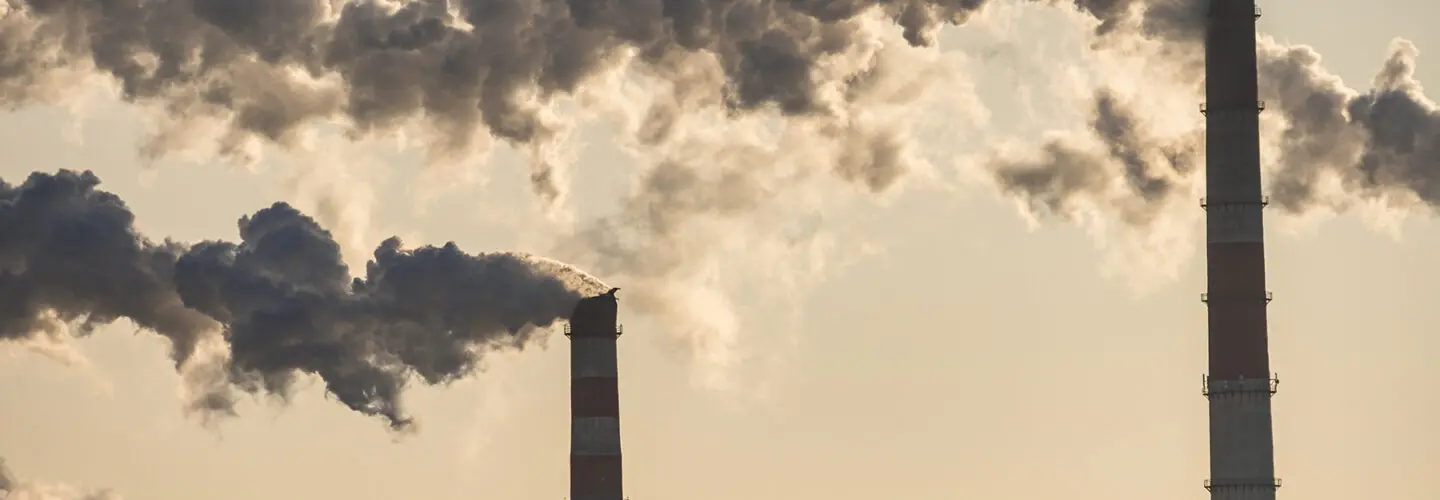Governor Shapiro Can Champion Climate and Consumer Benefits from RGGI and Benefit Pennsylvania’s Future
For Release: November 2, 2023
Rockport, ME – In the wake of a pivotal Commonwealth Court decision finding Pennsylvania’s involvement in the Regional Greenhouse Gas Initiative (RGGI) unconstitutional, the state’s commitment to combating climate change has been put into question. Governor Josh Shapiro is presented with a unique opportunity to become a climate leader and safeguard the state’s environment, economy, and public health by supporting an appeal of the Court’s decision.
“Numerous studies confirm that participation in RGGI by Pennsylvania will provide large climate benefits, reduce criteria pollutant emissions, improve health outcomes, reduce energy bills for consumers, and create jobs and economic growth in the Commonwealth.” stated Paola Tamayo, Policy Analyst at Acadia Center and co-author of the organization’s RGGI Third Program Review Report. “Participating RGGI states have seen their economies grow faster than states that do not limit climate pollution and proceeds from RGGI have enabled these states to invest more than $6.7 billion to help move their states to a healthier clean energy future,” she added.
“If Pennsylvania fails to participate in RGGI moving forward it represents a significant missed opportunity for generating revenue that could be used for critical investments, including upgrades to housing in environmental justice communities, that the state desperately needs.” said Ben Butterworth, Director of Climate, Energy & Equity Analysis at Acadia Center. “If Pennsylvania had participated in RGGI the last several years, the state would have generated nearly $1 billion per year to make investments in their economy that simultaneously address the climate crisis and improve the quality of life for residents.”
A coalition of environmental organizations in Pennsylvania have emphasized the importance of Governor Shapiro appealing in the next 30 days. Failure to appeal the decision would have significant negative consequences for both the state and the region as a whole.
Implications for Pennsylvania:
- Public Health: RGGI reduces carbon pollution from power plants, mitigating the harmful health impacts of air pollution in Pennsylvania’s communities. Governor Shapiro’s appeal can protect the well-being of residents from the devastating health consequences of poor air quality and save hundreds of Pennsylvanian lives. According to Pennsylvania’s Department of Environmental Protection (DEP), RGGI would prevent 639 premature deaths from respiratory illnesses, reduce hospital visits by 30,000 and deliver over $6 billion in public health benefits.
- Economic Prosperity: By staying in RGGI, Pennsylvania can reap substantial economic benefits, including program payments totaling approximately $1 billion annually, which could be directly invested in projects that benefit Pennsylvanians. This funding would promote job creation, stimulate the state’s economy and benefit both public health and environmental justice communities. Additionally, the public health improvements from reductions in criteria air pollution as a result of RGGI participation would result in 83,000 avoided lost workdays according to analysis by DEP.
- Environmental Stewardship: Remaining a part of RGGI would bolster Pennsylvania’s commitment to environmental sustainability. It enables the state to reduce its carbon emissions, limit climate impacts, and protect the environment for future generations. According to DEP, RGGI could help Pennsylvania avoid between 97 and 225 million tons of carbon pollution by 2030.
Implications for the Region:
- Collective Emission Reductions: Pennsylvania’s involvement would reduce greenhouse gas emissions and improve air quality throughout the region. An exit from the program would undermine the collective effort to combat climate change in the Northeast and Mid-Atlantic region.
- Strengthening the RGGI Coalition: If both Pennsylvania and Virginia had participated in RGGI auctions in 2022, Pennsylvania alone would have represented 44% of total regional power sector emissions covered under the RGGI program. Given the sheer amount of power sector emissions coming from Pennsylvania, the importance of keeping the state in RGGI to bolster the strength of the overall coalition cannot be understated.
Governor Shapiro’s appeal would demonstrate a commitment to protecting Pennsylvania’s climate, public health, and economic future, especially considering that there is no alternative program waiting on his desk. By appealing, he has the opportunity to champion clean energy and job creation for the state. Governor Shapiro can be a beacon for a cleaner, greener future by appealing this decision and solidifying Pennsylvania’s dedication to RGGI.
Media Contacts:
Ben Butterworth, Director: Climate, Energy, and Equity Analysis
bbutterworth@acadiacenter.org, 617-742-0054 x111
Paola Moncada Tamayo, Policy Analyst
ptamayo@acadiacenter.org, 860-246-7121 x204




















Follow us